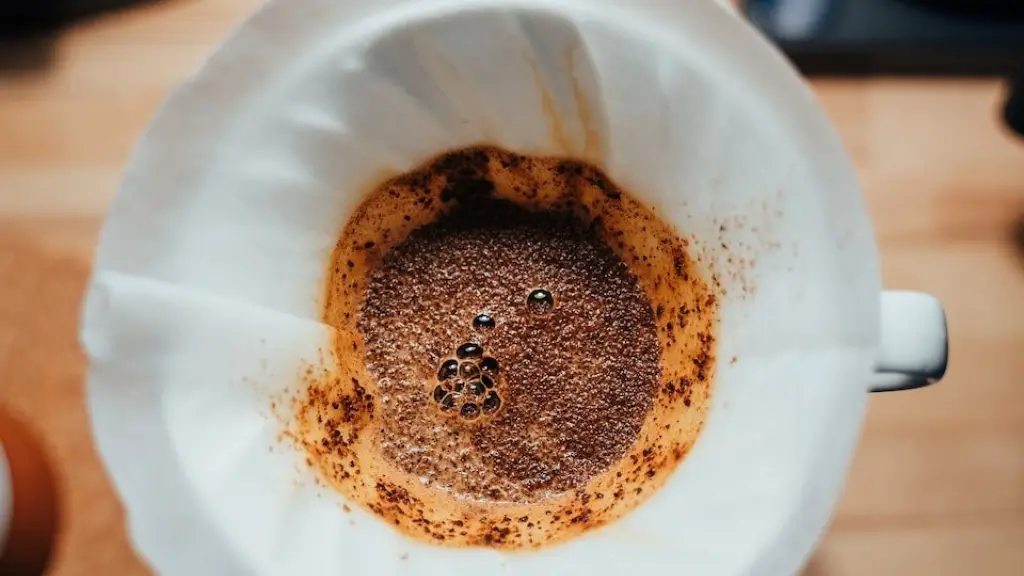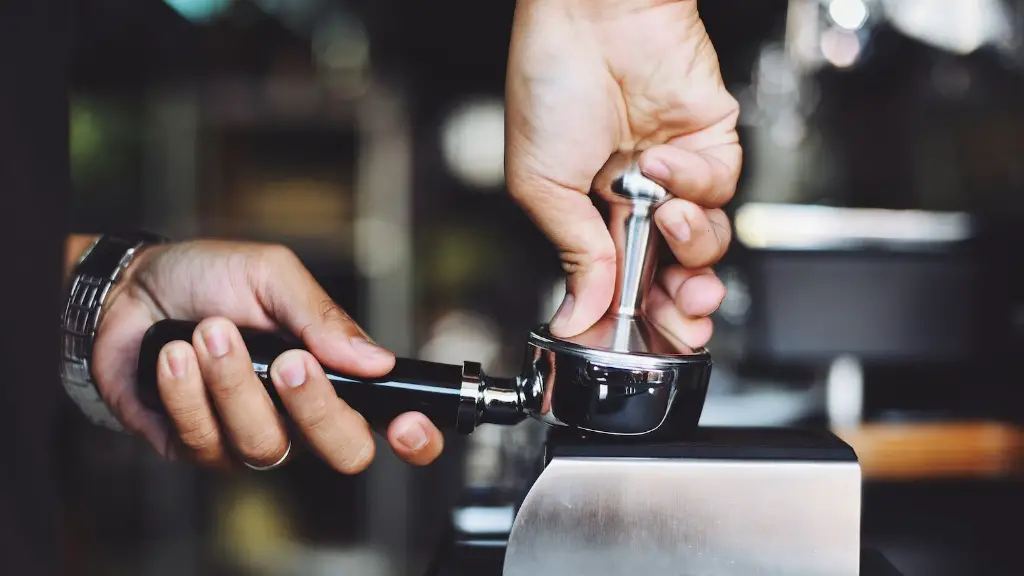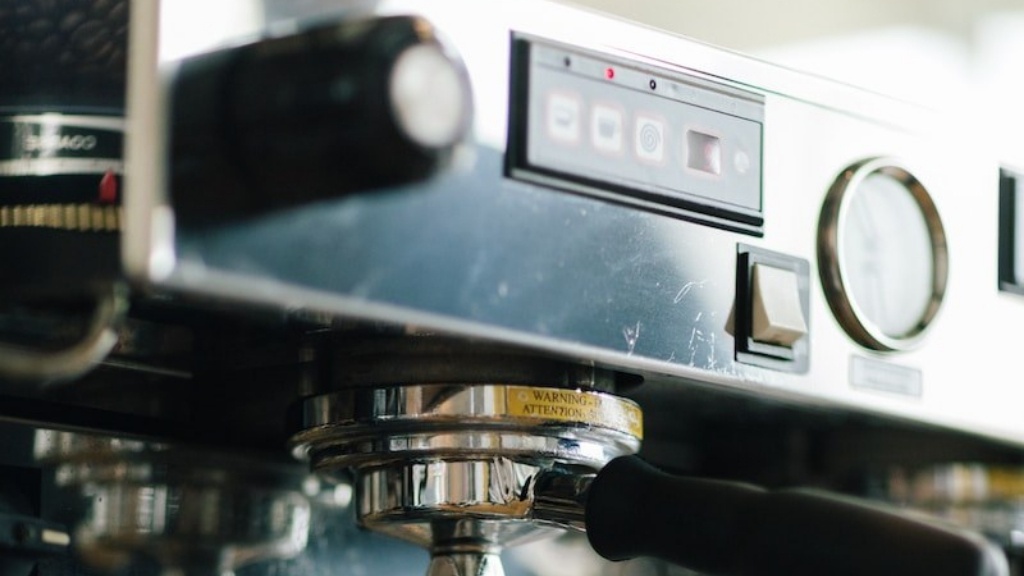Does Drinking Coffee Increase Your Blood Pressure?
Coffee has long been considered a staple of modern life. It can be enjoyed hot or cold, with different flavours and ingredients added to customise it to your own unique tastes. But does drinking coffee increase your blood pressure?
To answer this question, we need to understand what blood pressure is and how it works. Blood pressure is the pressure at which your heart pumps blood around your body. When it rises, it can cause health problems, such as heart attack, stroke and kidney failure. If your blood pressure is too low, it can lead to dizziness, fatigue and increased risk of faintness.
Drinking coffee is known to cause a temporary rise in blood pressure. This is because coffee contains caffeine, which is a stimulant and can elevate your heart rate. However, the effects are usually fairly short-lived.
Studies have shown that drinking coffee can increase your blood pressure for up to 3 hours after consumption. In healthy adults, this increase has been shown to be much lower than the upper limit of a healthy blood pressure reading. Furthermore, habitual coffee drinkers don’t experience this rise as much as non-coffee drinkers.
Experts say that moderate coffee consumption is unlikely to result in any long-term problems. However, those with pre-existing conditions should be cautious and speak to their doctor before drinking coffee. Pregnant women should also avoid drinking coffee because it can cause premature labor.
When it comes to managing your blood pressure, there are many other factors to consider. Eating a healthy, balanced diet and exercising regularly are both important for keeping your blood pressure in check. If you are regularly experiencing high blood pressure, it is best to speak to a doctor. They can advise you on which lifestyle changes you can make to help keep your blood pressure at a healthy level.
What Can be Done to Reduce the Risks of High Blood Pressure?
Moderating coffee consumption is one of the most effective ways to reduce the risks of developing high blood pressure.
The best way to do this is to limit yourself to two cups of coffee per day. Keep in mind that some coffee beverages can contain more caffeine than a regular cup, so be sure to check the label on the package. Additionally, many coffee beverages are loaded with saturated fats, sugars and calories that can increase your risk of developing health problems.
If you’re looking for a healthier option, then consider black coffee. This is the best choice since it contains the lowest levels of caffeine and won’t be loaded with unhealthy additives. However, it is not the only option. Herbal teas, fresh juices and even decaf coffee can also be consumed in moderation.
Getting physical activity is also important for maintaining a healthy blood pressure. Aim for at least 30 minutes of exercise every day. You can also add simple lifestyle changes, such as reducing your stress levels and quitting smoking, to your daily routine. Doing so can help keep your blood pressure levels in check.
Coffee and Caffeine Consumption
Caffeine is found naturally in many different beverages, but coffee is by far the most popular source. An average cup of coffee contains around 95 mg of caffeine, while energy drinks and other fortified beverages can contain anywhere from 35 to 250 mg per serving. Regularly consuming too much caffeine can lead to an increase in your blood pressure.
When it comes to caffeine, it’s important to remember that everyone’s tolerance is different. Some people can tolerate more than others, so it is best to experiment with different amounts and stay within the recommended daily intake (400 mg).
It’s also important to be mindful of the other ingredients you add to your coffee. Creamers and syrups are loaded with fat and sugar, which can have a negative effect on your health. If you’re looking for a healthier alternative, opt for low-fat milk, almond milk or coconut milk to reduce your calorie intake.
To ensure you’re getting the most out of your coffee, always buy freshly ground or freshly roasted beans. This will ensure you’re getting the highest quality coffee and not risking your health with stale or poor-quality products.
Supplemental Vitamins and Minerals
Getting the right amount of vitamins and minerals can help to maintain healthy blood pressure. For instance, Vitamin C helps to produce collagen, which can help to strengthen your blood vessels, while Vitamin D helps with calcium absorption and can reduce inflammation in your arteries.
The best way to get these vitamins and minerals is to eat a variety of fruits, vegetables and whole grains. However, if you are unable to get enough of these nutrients through your diet, then you can consider taking supplemental forms such as multivitamins. Additionally, magnesium supplements can be taken to help reduce your risk of high blood pressure.
Remember to always consult with a healthcare professional before starting any new supplement regimen to ensure you are taking the right doses and that they are safe for you to take.
Alternative Options
If you are looking for an alternative to coffee, there are many options available. Green tea is one of the most popular alternatives and contains far less caffeine than coffee. It also has many health benefits and can be enjoyed in many different ways.
Other alternatives include herbal teas, such as chamomile, caffeine-free alternatives like rooibos tea, and matcha powder. These beverages all contain fewer stimulants than coffee and can be a great way to get your daily dose of antioxidants without the risk of increasing your blood pressure.
Drinking adequate amounts of water is also important for maintaining healthy blood pressure levels. Research has shown that just half a litre of water a day could lower your systolic blood pressure by 5 mm Hg.
Final Words
In conclusion, drinking coffee does increase your blood pressure, but it is generally only temporary. Habitual coffee drinkers and those with pre-existing conditions should speak to their doctor before drinking coffee. But, for most people, moderate consumption of coffee is perfectly safe.
It is important to remember that coffee alone is not enough to manage your blood pressure. Eating a healthy, balanced diet, getting regular exercise and managing stress levels are all important steps that can help to keep your blood pressure in check. Ultimately, if you are worried about your blood pressure, it is best to seek advice from a healthcare professional.





